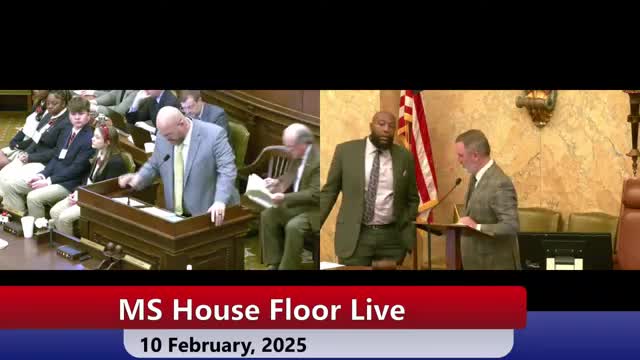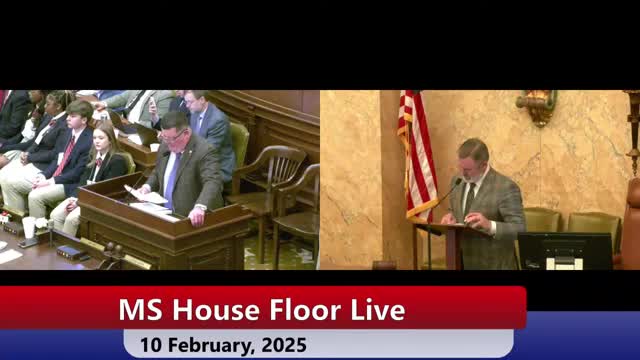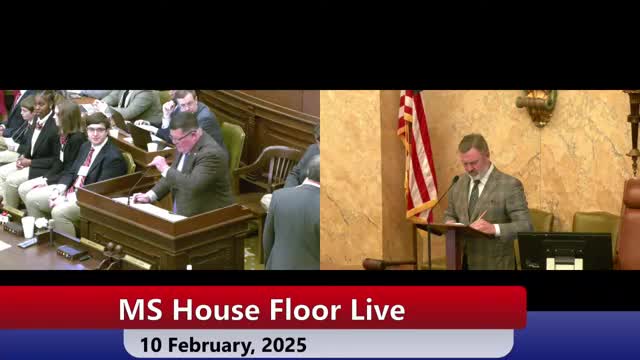Article not found
This article is no longer available. But don't worry—we've gathered other articles that discuss the same topic.

House approves 'Make Mississippi Resilient and Strong' mitigation fund, relies on insurer premium‑tax rebates

House creates opioid settlement fund committee to distribute settlement proceeds after debate over appropriation authority

